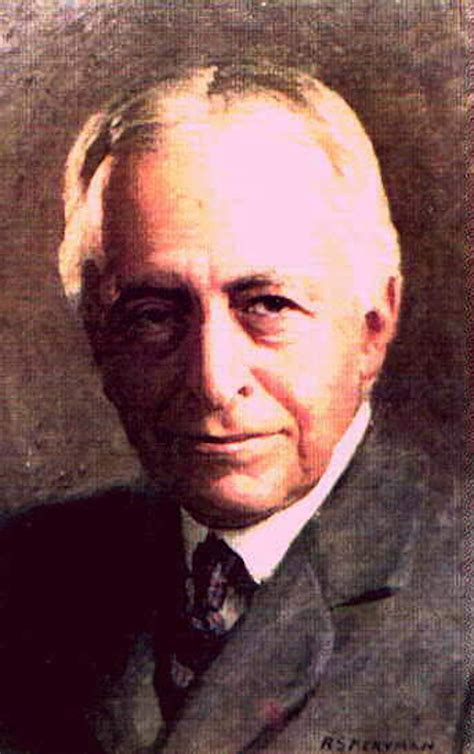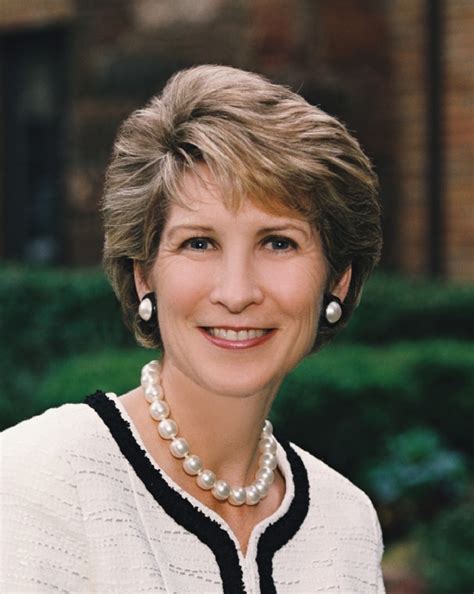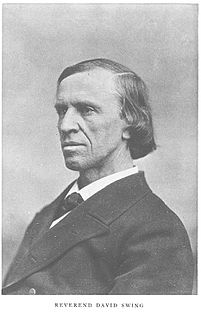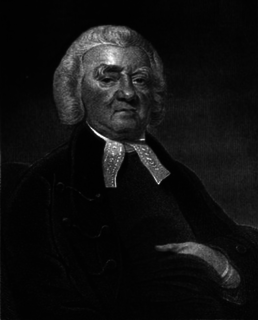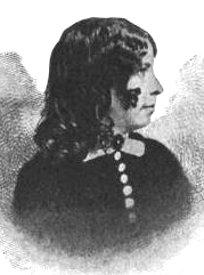A Quote by Irving Babbitt
According to the new ethics, virtue is not restrictive but expansive, a sentiment and even an intoxication.
Related Quotes
If what was said in the Ethics is true, that the happy life is the life according to virtue lived without impediment, and that virtue is a mean, then the life which is in a mean, and in a mean attainable by every one, must be the best. And the same principles of virtue and vice are characteristic of cities and of constitutions; for the constitution is in a figure the life of the city.
Souls that have lived in virtue are in general happy, and when separated from the irrational part of their nature, and made clean from all matter, have communion with the gods and join them in the governing of the whole world. Yet even if none of this happiness fell to their lot, virtue itself, and the joy and glory of virtue, and the life that is subject to no grief and no master are enough to make happy those who have set themselves to live according to virtue and have achieved it.
The modern Gamaliel should teach ethics. Ethics is the science of human duty. Arithmetic tells man how to count his money; ethics how he should acquire it, whether by honesty or fraud. Geography is a map of the world; ethics is a beautiful map of duty. This ethics is not Christianity, it is not even religion; but it is the sister of religion, because the path of duty is in full harmony, as to quality and direction, with the path of God.
They had been corrupted by money, and he had been corrupted by sentiment. Sentiment was the more dangerous, because you couldn’t name its price. A man open to bribes was to be relied upon below a certain figure, but sentiment might uncoil in the heart at a name, a photograph, even a smell remembered.
Kant's description of most ethical duties reads more like a description of moral virtues and vices. Once we see this, we see that Kantian ethics is indeed a kind of virtue ethics, and that it does not "divide the heart from the head" (to anticipate one of your later questions) but instead recognizes the deep truth that reason and emotion are not opposites.
